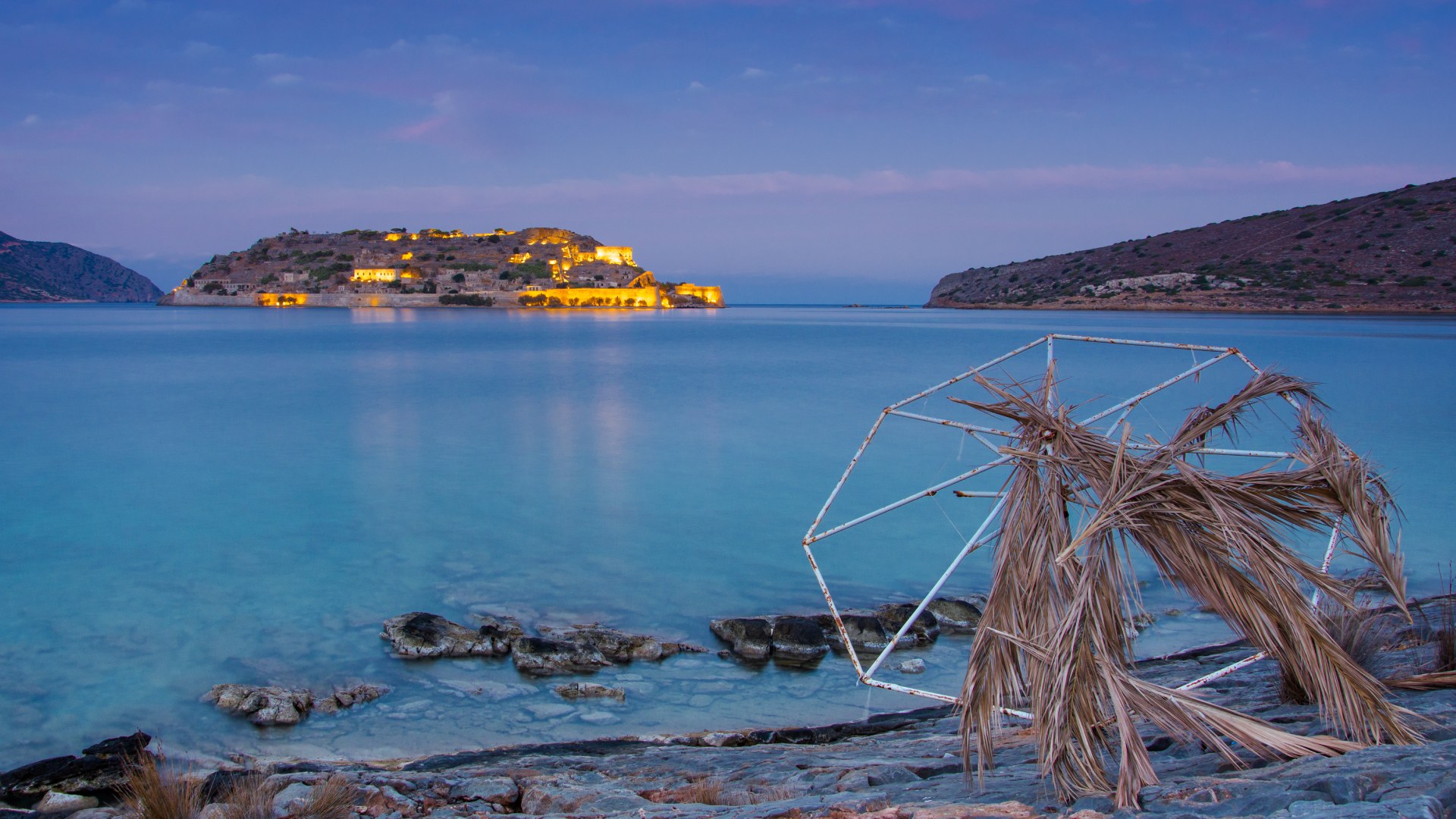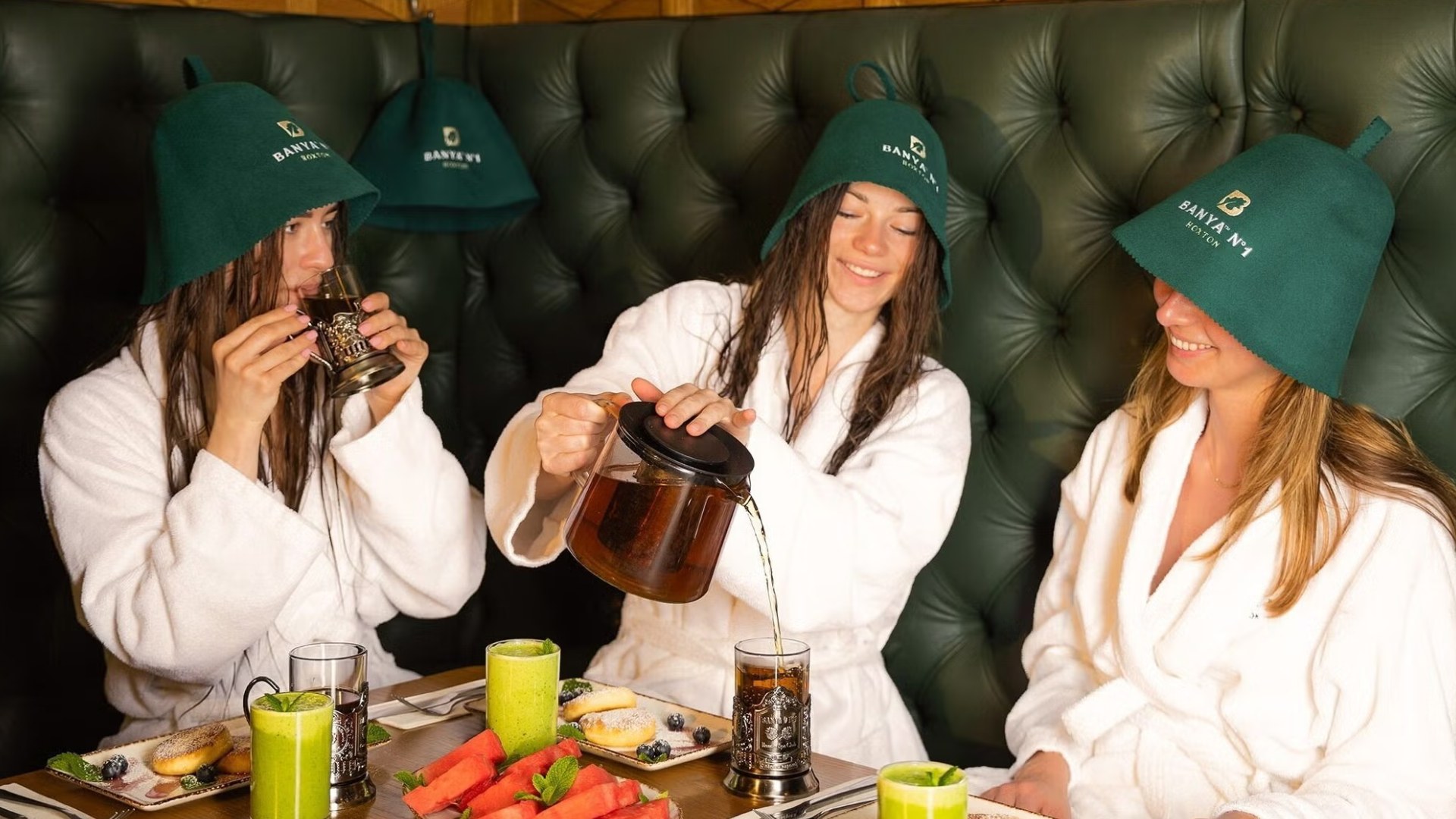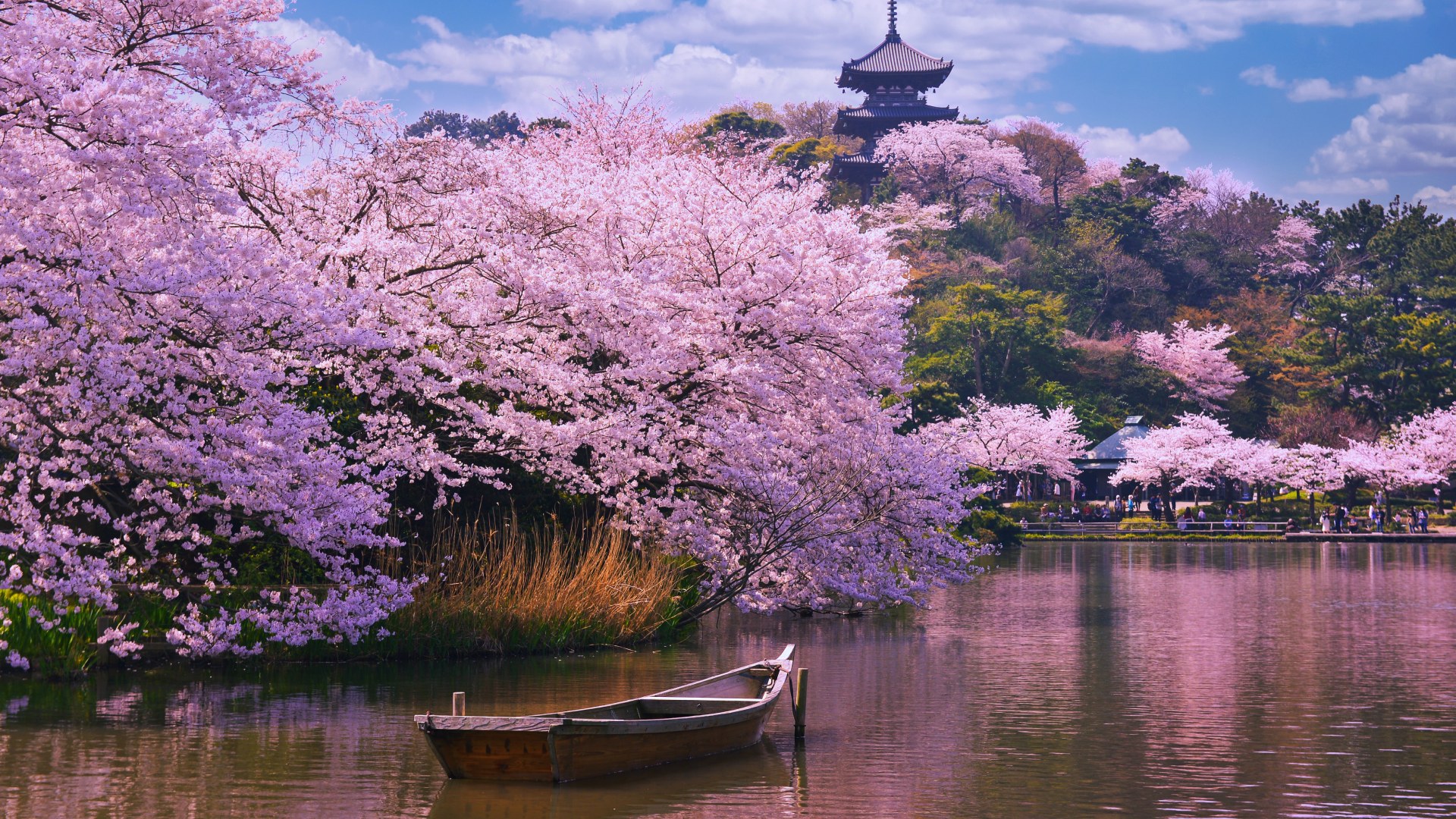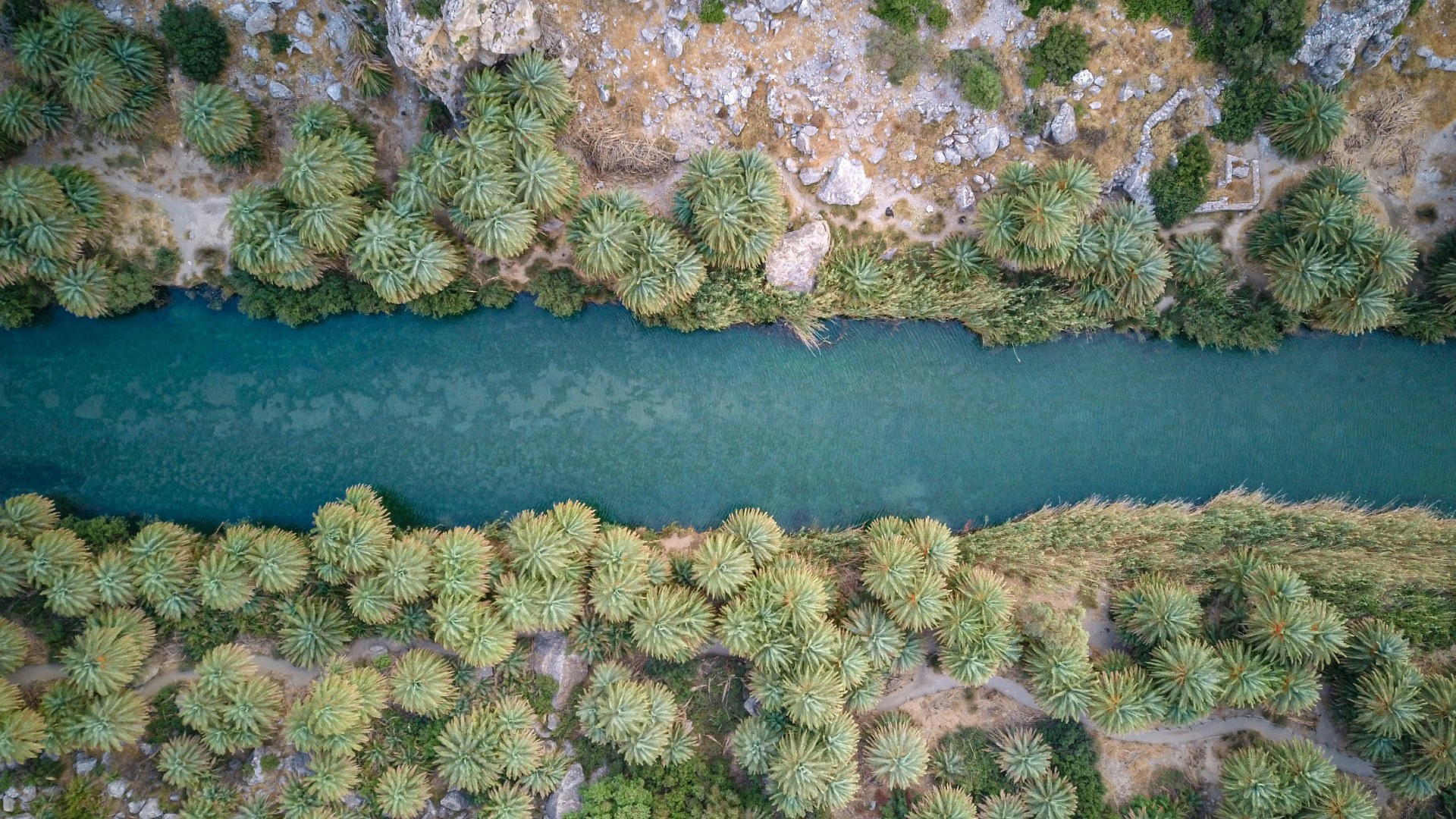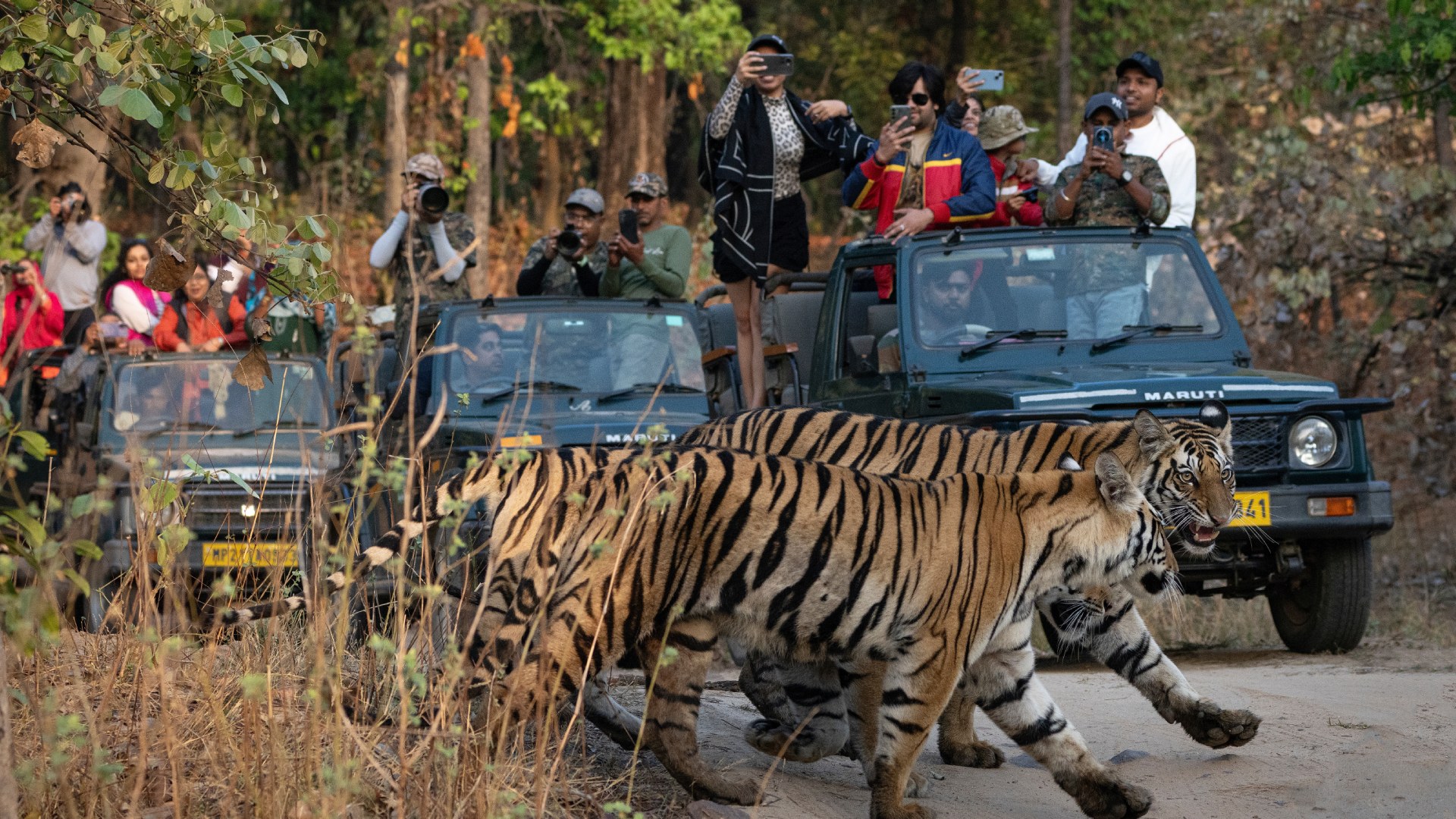A couple of issues ago, we introduced a thrilling new strand in our Karma Curated experiences series – a collaboration with Ultimate Library that invites Members to discover iconic destinations behind some of the world’s most beloved books, with the authors themselves present. As we prepare for our first duo of Karma Curated Immersive Literary Experiences, take a look at some recent conversations that Ultimate Library had with these two iconic authors…
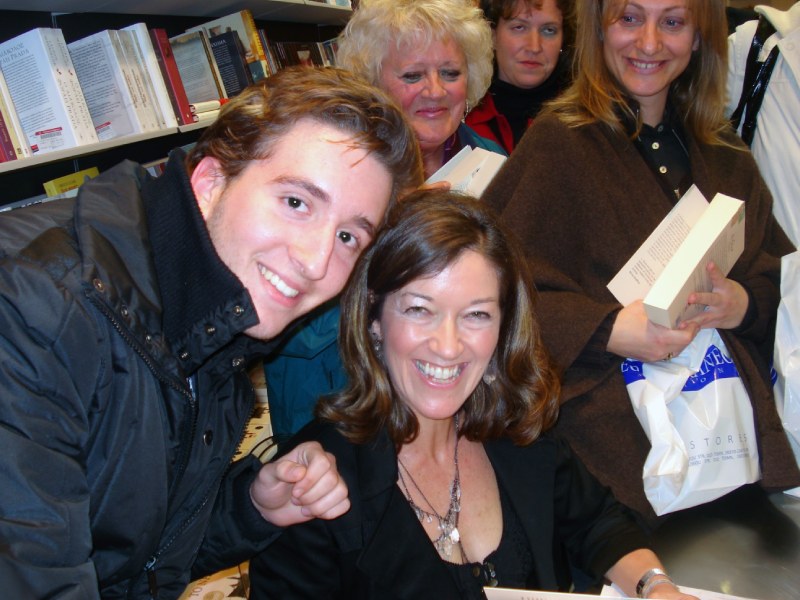
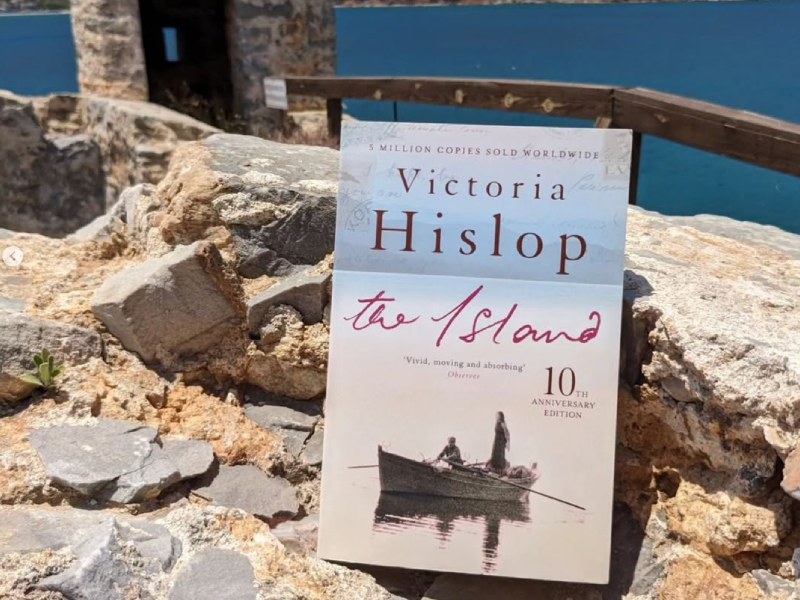
Victoria Hislop’s Love Affair with Greece
Q: Your love of Greece is well documented in your novels and also in your promotion of Greek culture, what drew you to this part of the world originally?
Simply the beauty of it all. The blue seas and skies just completely blew me away when I was 17 years old arriving in Greece for the first time. I had not travelled much up until that point and the contrast of the colours and the climate with Britain were enormous! I fell in love with Greece. That’s how it felt. And as time has gone on, I have grown to love many other aspects: the people, the landscapes, the food, the culture. And I am very at home here. It’s quite a visceral feeling.
Q: As of 2020 you’re an honorary Greek citizen, where would you recommend visiting whilst in Greece?
Crete is the place closest to my heart. Although it is an island, it feels like a small country with a vast variety of landscapes, culture, history, and cuisine. So, if a friend has two weeks for a holiday in Greece, I would suggest going there. Even from east to west, it takes at least six hours to drive, so a visitor could easily spend many weeks exploring without ever seeing the same view twice.
But I also encourage people to visit the mainland. Both Athens and Thessaloniki have vibrant nightlife, fantastic shops, restaurants, and world-class museums. Where do I stop? My best advice would be to take a month off and do a road trip from north to south, discovering the mountains in the north of Greece and the beaches of the Peloponnese. Greece is blessed with every type of landscape.
Q: In 2021 you branched out into children’s fiction with Maria’s Island (a re-telling of your bestselling book The Island) how different was the experience of writing for children?
I imagined it would be more challenging that it turned out to be. Before writing I re-read some of my favourite children’s books (mostly Michael Morpurgo and one by Anne Holm) and realised that you should never patronise children or write “down” to them. Children can take pain and suffering – or at least manage to read about these things and it’s important not to let them grow up with the illusion that life is always a fairy tale. I took a lesson from those writers. And then put myself into the mindset of my characters, who are mostly children and took them on a journey which is full of obstacles – there is a happy end of course!
Q: Greece has a long history, some of which you have explored through your novels already, are there any other areas of its history you are excited to explore in future work?
There are still many historical periods I haven’t explored, and one that particularly fascinates me is Greece’s military junta era from 1967 to 1974. It’s a time that sparks a wide range of reactions among Greeks—from a sense of nostalgia to an undercurrent of fear. I’m intrigued by these diverse responses and eager to discover what lies behind them.
Q: What are the three books that make you feel like you’re in Greece?
Captain Corelli’s Mandolin remains an all-time favorite of mine—I absolutely love Louis de Bernières’ works that capture the spirit of this region. His Birds Without Wings is another “must-read”. Sofka Zinovieff’s The House on Paradise Street is another gem, offering a vivid and compelling portrait of Athens. While most people associate Nikos Kazantzakis with Zorba the Greek, largely due to the famous film adaptation, I find Christ Recrucified to be an even more powerful and evocative masterpiece.
You can reserve your spot on Victoria Hislop’s Karma Minoan experience this September here
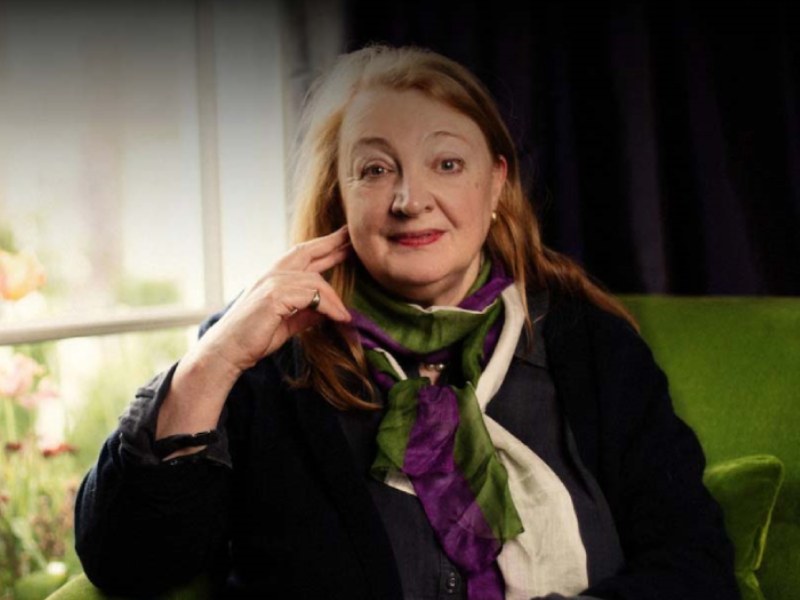
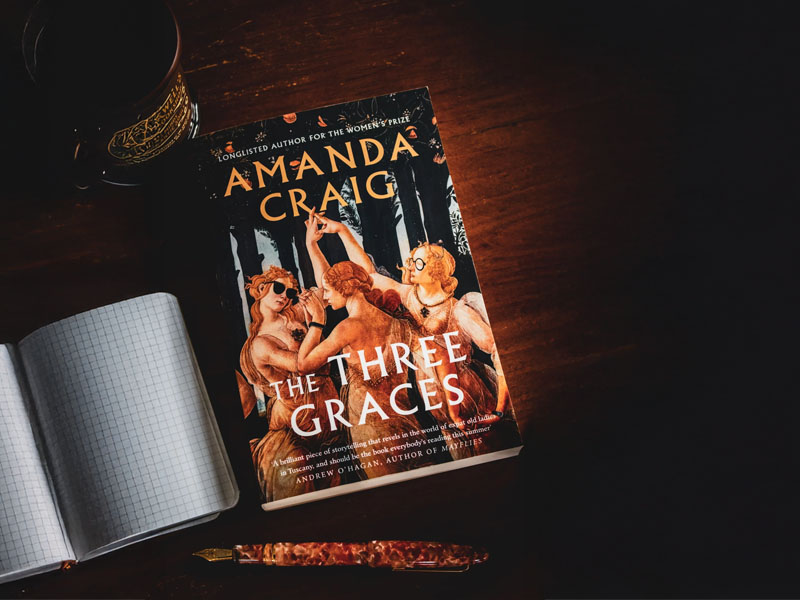
Amanda Craig on Tuscany and her Latest Novel
Q: In The Three Graces, your latest novel about three expats in their 80s forging new lives in Chiantishire, you once again return to Tuscany, as in Foreign Bodies and Love in Idleness. What draws you to explore Tuscany beyond the typical tourist lens and, more broadly, why is creating a strong sense of place so important in your work?
Why Tuscany, you ask? I’ve long been aware of Tuscany’s significance in English literature, from Shakespeare to Dickens, Trollope, EM Forster, and Daphne du Maurier. While writing my first novel, I was reacting to the Forsterian view that it was all bucolic bliss and somehow naive Italians set in motion the Renaissance before sinking back into a childlike daze.
Having grown up in Italy (my parents worked for the UN in Rome), I often heard expats echo these views, which I found patronising and absurd. Italy endured great suffering through many wars, both its own civil wars before unification and invasions by France and Germany over many centuries. What Forster perceived as simplicity was actually the result of a deeply wounded people. It’s taken me years to address this in my writing, and only The Three Graces begins to explore these issues. But I always strive to see Italians as real people, not caricatures.
I love Tuscany for its staggering beauty, both natural and cultural, but it’s also a harsh, sometimes dangerous place—rife with threats Britons might find unfamiliar, like snakes, scorpions, earthquakes, and even the Mafia. All of which makes it incredibly compelling for a novelist. To me, places are characters. I created Santorno— the setting for The Three Graces — as an amalgam of Tuscan hill towns, allowing me to play with familiar elements without being tied to one location (and to avoid any cross letters from tourists pointing out inaccuracies)!
Q: Your novels often weave in references to other literary works. The Golden Rule reimagines Strangers on a Train with nods to fairytales like Cinderella and Beauty and the Beast, and Love in Idleness draws inspiration from Shakespeare’s A Midsummer Night’s Dream. Did any particular fairytales, mythologies, or literary works influence The Three Graces?
I love myths and fairytales. Many years ago I was struck by how many of these stories, from Greek to Norse, feature three women as powerful and mysterious forces. Sometimes, as in Botticelli’s Primavera, they are young and beautiful, sometimes old and ugly. I became increasingly interested in the latter especially as the developed world has moved to a gerontocracy – the Boomers, so-called, have all the money & power and the young the opposite.
So that was something I knew I wanted to write about. I know many people my age whose parents suffer from what I call “the Lear fear” of passing on accumulated wealth, and others who have transformed the lives of the next generation – and still more who have nothing at all to inherit. It worries me very much. The growing inequalities I’ve seen since my childhood are one of the reasons why I became a State of the Nation novelist.
Q: Over your career you’ve written nine interconnected novels. Can you elaborate on your process of world building and why you choose to create a shared universe?
I arrived at this idea through so many routes – I discovered Balzac’s La Comédie humaine on a beach in Thailand at 25, and was electrified, and then also Trollope’s novels. But in fact, Joan Aiken’s Wolves of Willoughby Chase sequence primed my imagination as a child. Why wouldn’t you create an interconnected universe? That’s the fun part. Writing is sheer drudgery.
Q: How do books contribute to and change your experience of a destination?
Right now I’m in Cephalonia, which Captain Corelli’s Mandolin made famous but I’m also thinking a lot about The Odyssey because I’m looking at Ithaca and wondering how the greatest hero of all time came from such a small rocky island! If you’re a reader, literature gives you so many lenses to see a place, both “good” and “bad”. I tend not to like most travel writing though. Fiction is the lie that tells the truth, and a lot of travel writing strikes me as the opposite.
Q: Which three books have had the greatest influence on your writing, and why have they had such a lasting impact?
There are so many books that have influenced me and their significance changes according to what I’m writing. If I had to pick three then Great Expectations, Anna Karenina and Cold Comfort Farm. I believe a novel should not just be about the internal world but the external too. To read too much literary fiction, you’d think nothing but falling in love mattered. Whereas the truth is that, transformative though love can be, this is a fraction of the important ( and seemingly trivial) events in a life. The novel I’m writing now is essentially a thriller taking place over eight hours in a dull little street of shops in which people have to make life or death decisions about each other…which in most cases doesn’t involve romantic feelings. I also prefer the laughter of sanity -something Cold Comfort helped me find.
Reserve your place on an unforgettable literary escape with Amanda Craig this October.

